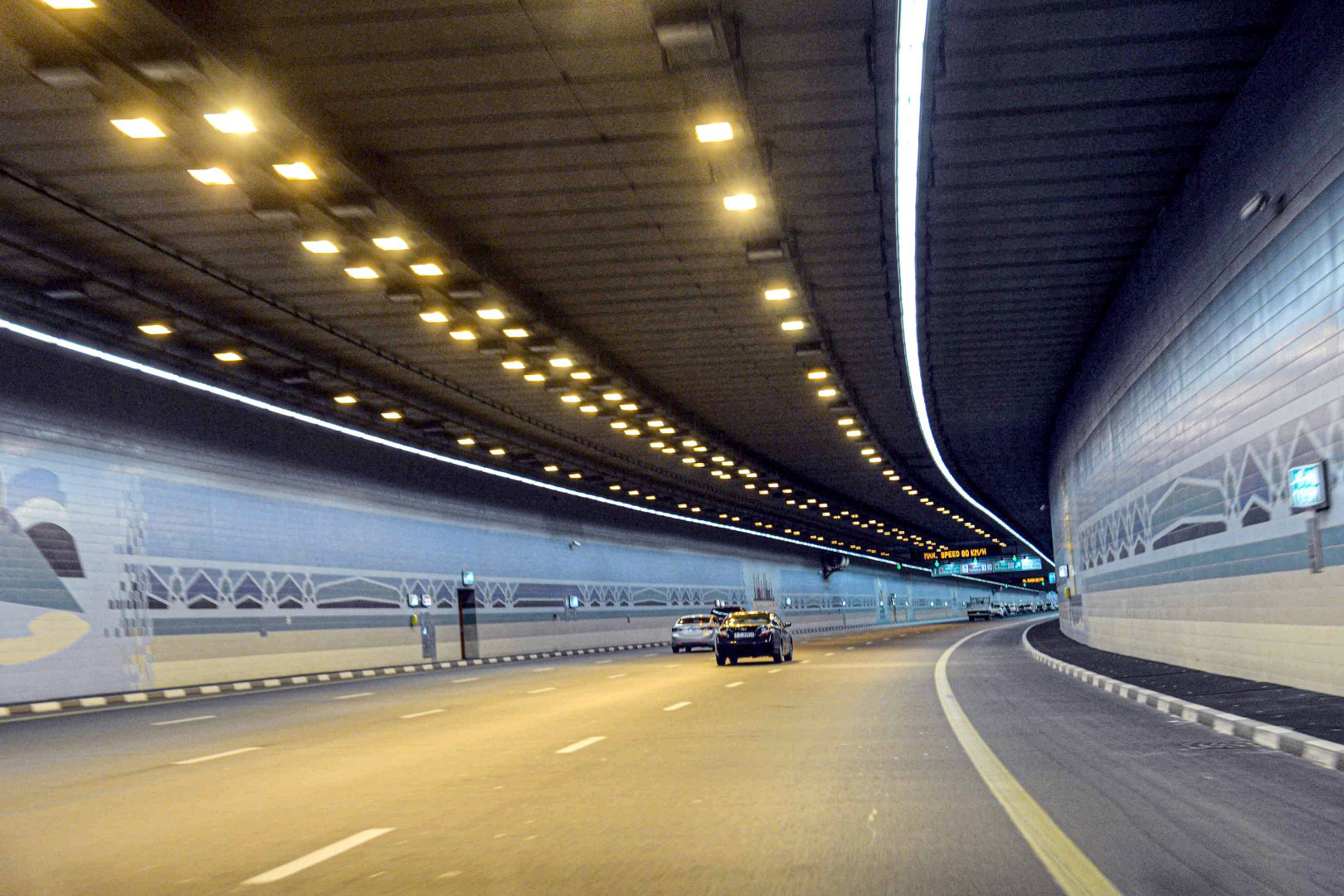Pakistan and Oman are moving closer to launching a direct ferry service between Gwadar and the Sultanate, as part of renewed efforts to strengthen maritime cooperation, enhance trade, and build regional connectivity.
The developments came during a high-level meeting on Thursday between Pakistan’s Federal Minister for Maritime Affairs, Muhammad Junaid Anwar Chaudhry, and the Ambassador of Oman to Pakistan, Fahad bin Sulaiman bin Khalaf Al Kharusi.
Maritime Trade in Focus
Both sides reaffirmed their deep-rooted diplomatic, economic, and cultural ties and discussed plans to accelerate cooperation in the maritime sector. Minister Chaudhry highlighted that Pakistan’s exports to Oman via sea ports reached $224 million in 2024, but stressed the potential to significantly increase this figure through joint initiatives.
Gwadar-Oman Ferry Could Unlock Billions
A major highlight of the meeting was the proposal to launch a direct ferry service from Gwadar to Oman, which Chaudhry said could unlock $10–15 billion annually for Pakistan through trade expansion, transit revenue, and investment inflows.
Potential New Ferry Routes
- Based on current and past plans, potential ferry routes from Pakistan include:
- Karachi to Gwadar
- Gwadar to Muscat (Oman)
- Karachi to Muscat (Oman)
- Karachi to Chabahar (Iran)
- Gwadar to Chabahar (Iran)
- International excursion tours
- Local city operation within Karachi
- Past Sea Routes that Were Proposed
- There have been past discussions and reports about ferry services between Pakistan and other regions but they have yet to become a reality:
- Dubai-Karachi Ferry Service: A luxury ferry service between Karachi and Dubai was approved in 2006, with Gulf Dream Cruise being the first operator. This service was planned to take two days and cost $549 for a round trip. However, the feasibility of a regular ferry service for fast passenger transfers was questioned due to the affordability of flights.
- India-Dubai: The Indian government had granted permission for the launch of a cruise ferry service connecting Kerala and Dubai in 2023. The ferry service operating on the Beypur-Kochi-Dubai route, would prvide connectivity between Dubai and Kochi, within just three days and enable expats in the UAE to carry 10 times more luggage and travel at a lower cost than airlines. The ticket was expected to cost at around Dh450.
- Iran Ferry Service: There was a plan to launch a ferry service between Karachi/Gwadar and Chabahar in Iran, primarily to facilitate pilgrims and offer a safer alternative to road travel.
Maritime Training & Human Capital Development
Chaudhry also proposed offering specialised training and scholarships for Omani students at the Pakistan Marine Academy, which is being upgraded to university status. The goal: to foster long-term maritime collaboration and build shared human capital in marine sciences and navigation.
Strong Cultural Ties and Diaspora Links
Ambassador Al Kharusi welcomed the proposals and highlighted the strong cultural connections between the two nations. He noted that Urdu remains widely spoken and understood in Oman, reflecting historic social bonds, and praised the Pakistani community’s role in Oman’s development.
The ambassador also backed greater B2B (business-to-business) engagements to unlock new trade and investment opportunities between the two countries.

 Entertainment4 months ago
Entertainment4 months ago
 Entertainment4 months ago
Entertainment4 months ago
 Entertainment4 months ago
Entertainment4 months ago
















